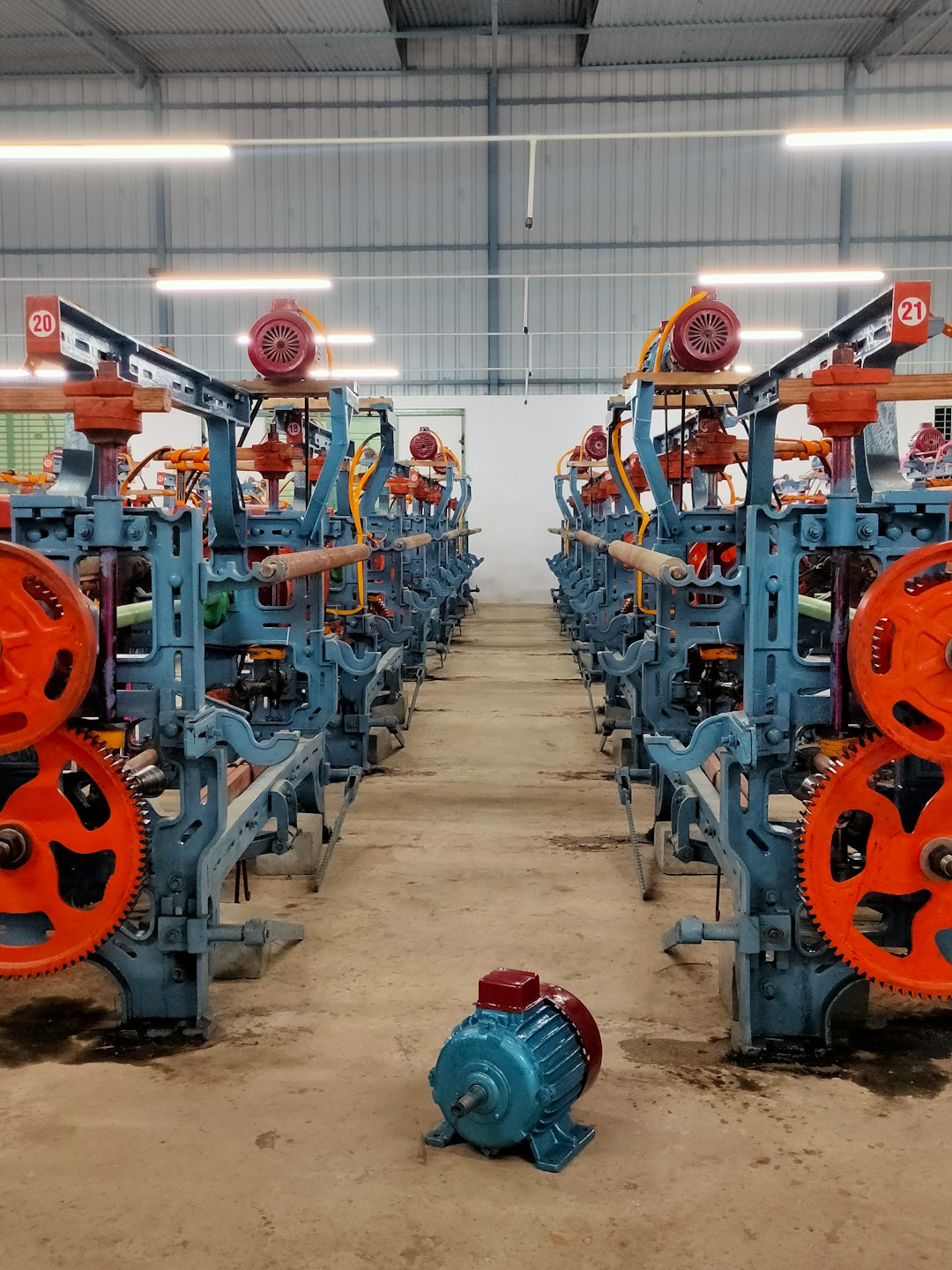How Manufacturing Companies Can Mitigate Environmental Impacts
In recent years, there has been an increased focus on the environmental impacts of manufacturing companies. With climate change and sustainability becoming critical global issues, it is essential for manufacturing companies to take proactive measures to mitigate their environmental footprint. In this blog post, we will explore various strategies that manufacturing companies can adopt to minimize their environmental impacts.
1. Energy Efficiency:
One of the most effective ways to reduce environmental impacts is by improving energy efficiency. Manufacturing companies can invest in energy-saving technologies, such as LED lighting, advanced automation systems, and high-efficiency machinery. By optimizing energy consumption, companies can reduce greenhouse gas emissions and lower their overall carbon footprint. Additionally, implementing energy management systems and conducting regular energy audits can help identify areas for improvement and ensure ongoing energy efficiency.
2. Waste Management:
Effective waste management is crucial to mitigating environmental impacts. Manufacturing companies should establish robust waste reduction and recycling programs. This includes implementing waste segregation processes, promoting the use of eco-friendly materials, and engaging in resource recovery initiatives. By minimizing waste generation and diverting materials from landfills, companies can contribute to a circular economy and reduce their environmental impact.
3. Water Conservation:
Water conservation is another vital aspect of environmental mitigation for manufacturing companies. Water is a finite resource, and its scarcity is becoming a growing concern in many regions globally. Companies can implement water-saving technologies such as efficient irrigation systems, water-recycling facilities, and reduced consumption practices. Monitoring water usage and implementing water management plans can also help identify opportunities for improvement and ensure responsible water stewardship.
4. Green Supply Chain:
Manufacturing companies must consider the environmental impacts throughout their entire supply chain. This includes both upstream and downstream activities. Companies should work with suppliers who prioritize sustainability and adhere to eco-friendly practices. Implementing sustainable procurement policies and engaging in green transportation practices can reduce emissions associated with transportation and logistics. Collaboration with suppliers and distribution partners is essential to ensure the entire supply chain aligns with environmentally responsible practices.
5. Renewable Energy:
Transitioning to renewable energy sources is one of the most significant steps manufacturing companies can take towards reducing their environmental impact. Companies can explore options like solar, wind, and geothermal energy to power their operations. Investing in on-site renewable energy installations or procuring renewable energy from external sources can significantly reduce reliance on fossil fuels and cut greenhouse gas emissions.
6. Life Cycle Assessment:
By conducting a life cycle assessment (LCA), manufacturing companies can gain insights into the environmental impacts associated with their products. LCA involves evaluating all stages of a product’s life, from raw material extraction to manufacturing, transportation, use, and disposal. By identifying hotspots and environmentally impactful areas, companies can develop strategies to minimize their products’ overall environmental impact.
7. Stakeholder Engagement:
Manufacturing companies should actively engage with stakeholders, including employees, customers, and communities, to raise awareness of environmental impacts and foster a culture of sustainability. This can involve implementing employee training programs, encouraging customer feedback on environmental concerns, and participating in community environmental initiatives. By involving stakeholders in environmental conversations, companies can garner support and create a collective effort towards mitigating environmental impacts.
In conclusion, manufacturing companies have a crucial role to play in mitigating environmental impacts. By implementing energy-saving technologies, optimizing waste management, conserving water, promoting sustainable supply chains, investing in renewable energy, conducting life cycle assessments, and engaging stakeholders, companies can make a significant positive impact on the environment. Taking these proactive measures not only helps companies meet regulatory requirements and reduce costs but also contributes to a sustainable future for all.

